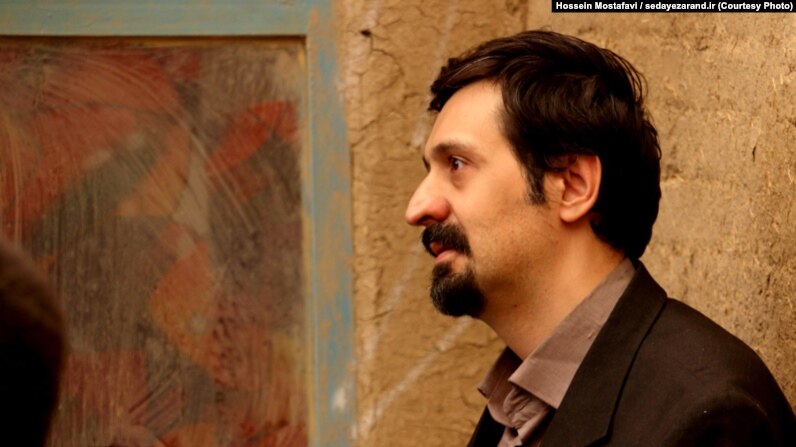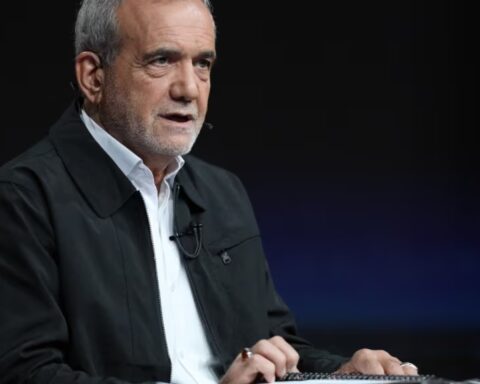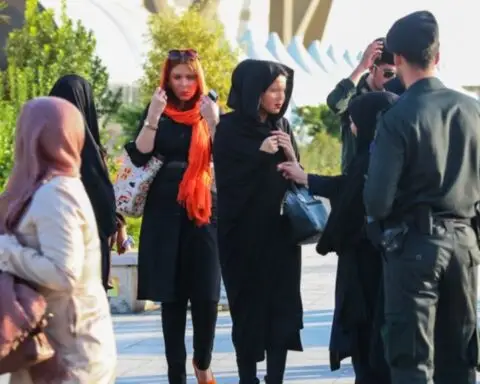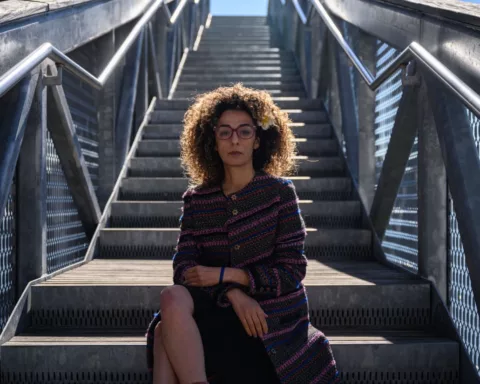Imam Ali’s Popular Students Relief Society (IAPSRS) announced the court decision on Twitter on March 3 without providing details, including whether it plans on appealing the ruling.
The decision came after Iran’s Interior Ministry filed a complaint against the NGO and called on the judiciary to order its dissolution, a move that Human Rights Watch (HRW) said “fits a broader pattern of repression faced by civil society, but with the targeting of IAPSRS, authorities are now even shuttering groups that have been officially registered with the government.”
The NGO has come under increasing pressure from the authorities, who last year arrested the group’s founder, Sharmin Meymandinejad, and two other members, including the media-relations director.
Meymandinejad was charged with “insulting the [supreme] leader and founder of the Islamic republic,” HRW reported.
He was released on bail in October 2020. His health had reportedly deteriorated in jail, where he was held in solitary confinement.
Michelle Bachelet, the UN high commissioner for human rights, said last year that she was alarmed by the Iranian government’s increased pressure on IAPSRS.
“For over 20 years this NGO has provided crucial support to marginalized sections of Iran’s society, in particular vulnerable children,” Bachelet said in a July 2020 statement.
“Children’s lives will be at stake if the authorities proceed to force their hand over how it is managed, and lock up their staff.”
The hard-line Tasnim news agency, affiliated with the Islamic Revolutionary Guards Corps (IRGC), had accused Meymandinejad, whom it identified only by his initials, of contacts with “anti-Iran centers outside the country” under the cover of a charity group.
The IRGC has in recent months arrested dual nationals, environmentalists, and others on charges of espionage that have been widely dismissed by critics and civil rights activists as baseless.
Hard-liners have in recent years criticized the charity and accused it of being misused for political purposes and damaging the Islamic republic by highlighting problems, as well as working with foreign countries and international bodies.
The charity organizes university students and other volunteers to help the poor and others in times of natural disasters such as earthquakes and floods.






